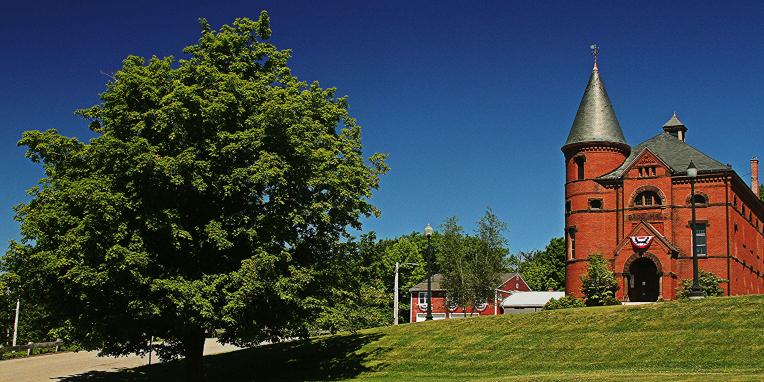Mosquito Spraying Opt-Out
In order to opt out of aerial and/or other mosquito control spraying as a municipality, Princeton must produce an alternative management plan, as allowed under Massachusetts statutory law, M.G.L. c. 252, sec. 2A(a). For the State Reclamation and Mosquito Control Board to recognize a municipal opt out, the municipality must first have an alternative management plan approved by the Commonwealth’s Executive Office of Energy and Environmental Affairs. (For more information, including a detail of steps that a municipality must take to opt-out, see: https://www.mass.gov/info-details/application-for-municipality-opt-out-of-srmcb-spraying ).
The EAC advocates that the Town opt out of mosquito control spraying given concerns about chemicals that could be sprayed, effects of mosquito control spraying on the environment, wildlife, human health, and organic agriculture ventures, as well as uncertainty about how research and surveillance for mosquito-borne disease might be conducted before a decision to spray is made. Of note, high levels of PFAS have been found in mosquito insecticides, including those used in Massachusetts aerial spraying programs (e.g., Anvil 10+10).
For additional background, see EAP pages 55, 65, 84.
This page was last updated on March 14, 2022


